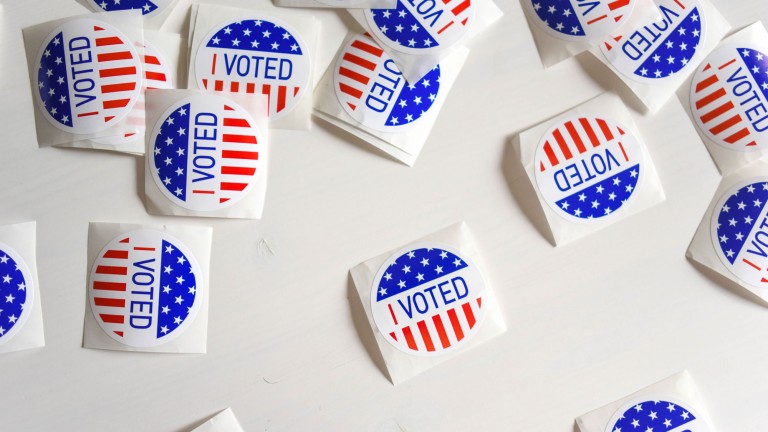Military voters stationed overseas will be able to cast their votes for the 2020 presidential election via a mobile app that uses a private blockchain. Election security experts, avert your eyes.
Why would you do that? Donald Kersey, West Virginia’s elections director, tells the crypto news website LongHash that he believes the app, created by a startup called Voatz, can enhance participation by overseas voters. Turnout among this group is very low, in part because the process of receiving a ballot and securely returning it on time is often not straightforward.
This is the rationale behind the decision by a number of states to allow overseas military voters to return their ballots via e-mail. West Virginia apparently is of the mind that Voatz’s private blockchain will make this kind of online voting more secure. The state first piloted the program during the 2018 midterms.
The backlash: But many election security experts oppose online voting of any kind, blockchain or not, and came out strongly against West Virginia’s 2018 pilot.
Prominent cryptographers, computer scientists, and political scientists have determined that it is not technically feasible to develop an internet voting system that can preserve all the attributes voters expect from democratic elections—such as secrecy and accessibility. On top of that, blockchains introduce their own, novel security vulnerabilities. (See “Why security experts hate that “blockchain voting” will be used in the midterm elections.”)
Full speed ahead! Though Kersey admits there’s no telling for certain whether the app can be compromised, West Virginia is undeterred, especially given the “really good response rate” officials saw during the midterms last year. “We are not saying mobile voting is the best solution to the problem, we are not saying that blockchain technology is the best solution to storage of security data,” Kersey tells LongHash. “What we are saying though is that it’s better than what we have.”
Keep up with the fast-moving and sometimes baffling world of cryptocurrencies and blockchains with our twice-weekly newsletter Chain Letter. Subscribe here. It’s free!

